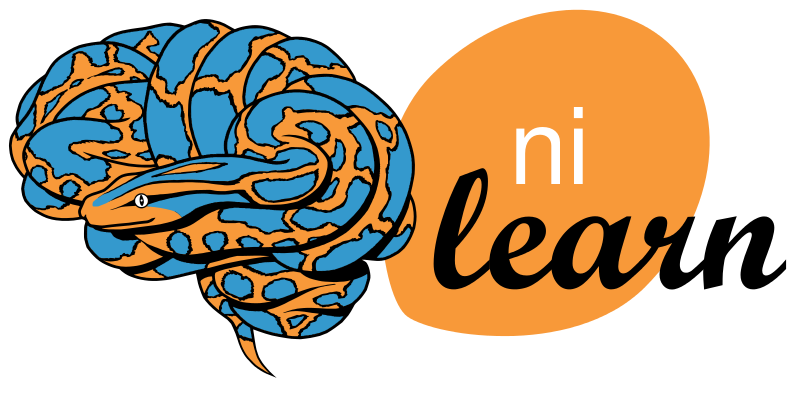Note
This page is a reference documentation. It only explains the class signature, and not how to use it. Please refer to the user guide for the big picture.
8.1.2. nilearn.connectome.GroupSparseCovariance¶
- class
nilearn.connectome.GroupSparseCovariance(alpha=0.1, tol=0.001, max_iter=10, verbose=0, memory=Memory(location=None), memory_level=0)¶ Covariance and precision matrix estimator.
Parameters: alpha : float
regularization parameter. With normalized covariances matrices and number of samples, sensible values lie in the [0, 1] range(zero is no regularization: output is not sparse)
tol : positive float, optional
The tolerance to declare convergence: if the dual gap goes below this value, iterations are stopped
max_iter : int, optional
maximum number of iterations. The default value (10) is rather conservative.
verbose : int, optional
verbosity level. Zero means “no message”.
memory : instance of joblib.Memory or string, optional
Used to cache the masking process. By default, no caching is done. If a string is given, it is the path to the caching directory.
memory_level : int, optional
Caching aggressiveness. Higher values mean more caching.
Notes
The model used has been introduced in:
Gael Varoquaux, et al. Brain Covariance Selection: Better Individual Functional Connectivity Models Using Population Prior’.
The algorithm used is based on what is described in:
Jean Honorio and Dimitris Samaras. “Simultaneous and Group-Sparse Multi-Task Learning of Gaussian Graphical Models”. http://arxiv.org/abs/1207.4255.
Attributes
`covariances_` (numpy.ndarray, shape (n_features, n_features, n_subjects)) empirical covariance matrices. `precisions_` (numpy.ndarraye, shape (n_features, n_features, n_subjects)) precisions matrices estimated using the group-sparse algorithm. __init__(alpha=0.1, tol=0.001, max_iter=10, verbose=0, memory=Memory(location=None), memory_level=0)¶Initialize self. See help(type(self)) for accurate signature.
fit(subjects, y=None)¶Fits the group sparse precision model according to the given training data and parameters.
Parameters: subjects : list of numpy.ndarray with shapes (n_samples, n_features)
input subjects. Each subject is a 2D array, whose columns contain signals. Sample number can vary from subject to subject, but all subjects must have the same number of features (i.e. of columns).
Returns: self : GroupSparseCovariance instance
the object itself. Useful for chaining operations.
get_params(deep=True)¶Get parameters for this estimator.
Parameters: deep : bool, default=True
If True, will return the parameters for this estimator and contained subobjects that are estimators.
Returns: params : mapping of string to any
Parameter names mapped to their values.
set_params(**params)¶Set the parameters of this estimator.
The method works on simple estimators as well as on nested objects (such as pipelines). The latter have parameters of the form
<component>__<parameter>so that it’s possible to update each component of a nested object.Parameters: **params : dict
Estimator parameters.
Returns: self : object
Estimator instance.
